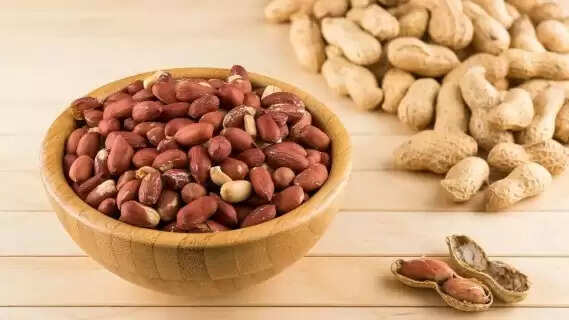
While many people prefer to eat peanuts after removing their thin, papery skins, you might be surprised to learn that you're throwing away a wealth of nutrients. The often-discarded peanut skin is a nutritional powerhouse, packed with compounds that can significantly benefit your health, particularly your heart.The reddish skin of a peanut is exceptionally rich in antioxidants. In fact, it contains a high concentration of polyphenols, the same type of beneficial compounds found in superfoods like green tea, dark chocolate, and red wine. Antioxidants play a crucial role in protecting the body's cells from damage caused by free radicals, which are unstable molecules that can contribute to aging and various chronic diseases, including cancer.One of the most significant benefits of the nutrients found in peanut skins is their positive impact on cardiovascular health. The skin is a potent source of resveratrol, an antioxidant well-known for its heart-protective properties. Regular consumption of peanuts with their skins can help improve heart health by reducing inflammation, improving blood flow, and preventing the oxidation of LDL (bad) cholesterol, a key factor in the development of atherosclerosis (the hardening of the arteries).Furthermore, peanut skins are an excellent source of dietary fiber. Fiber is essential for maintaining a healthy digestive system, as it aids in regular bowel movements and can help prevent constipation. A high-fiber diet is also linked to a lower risk of obesity, type 2 diabetes, and heart disease. By eating the whole peanut, you increase your fiber intake, which helps you feel full for longer, potentially aiding in weight management.So, the next time you enjoy a handful of peanuts, think twice before peeling off the skin. Embracing the peanut in its whole form is a simple and effective way to boost your intake of powerful antioxidants and dietary fiber, supporting your heart, digestion, and overall long-term health.
Around the web

